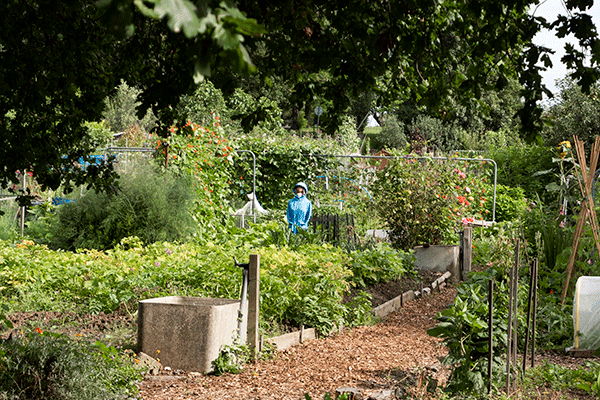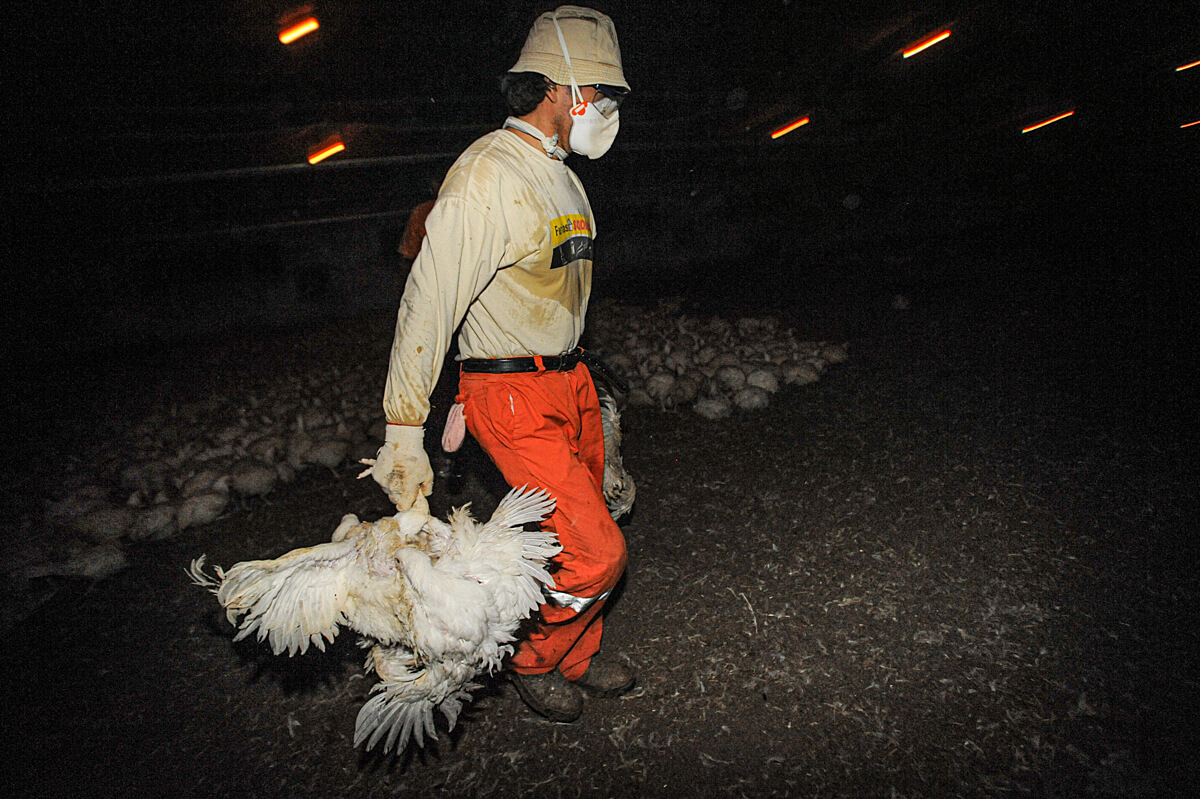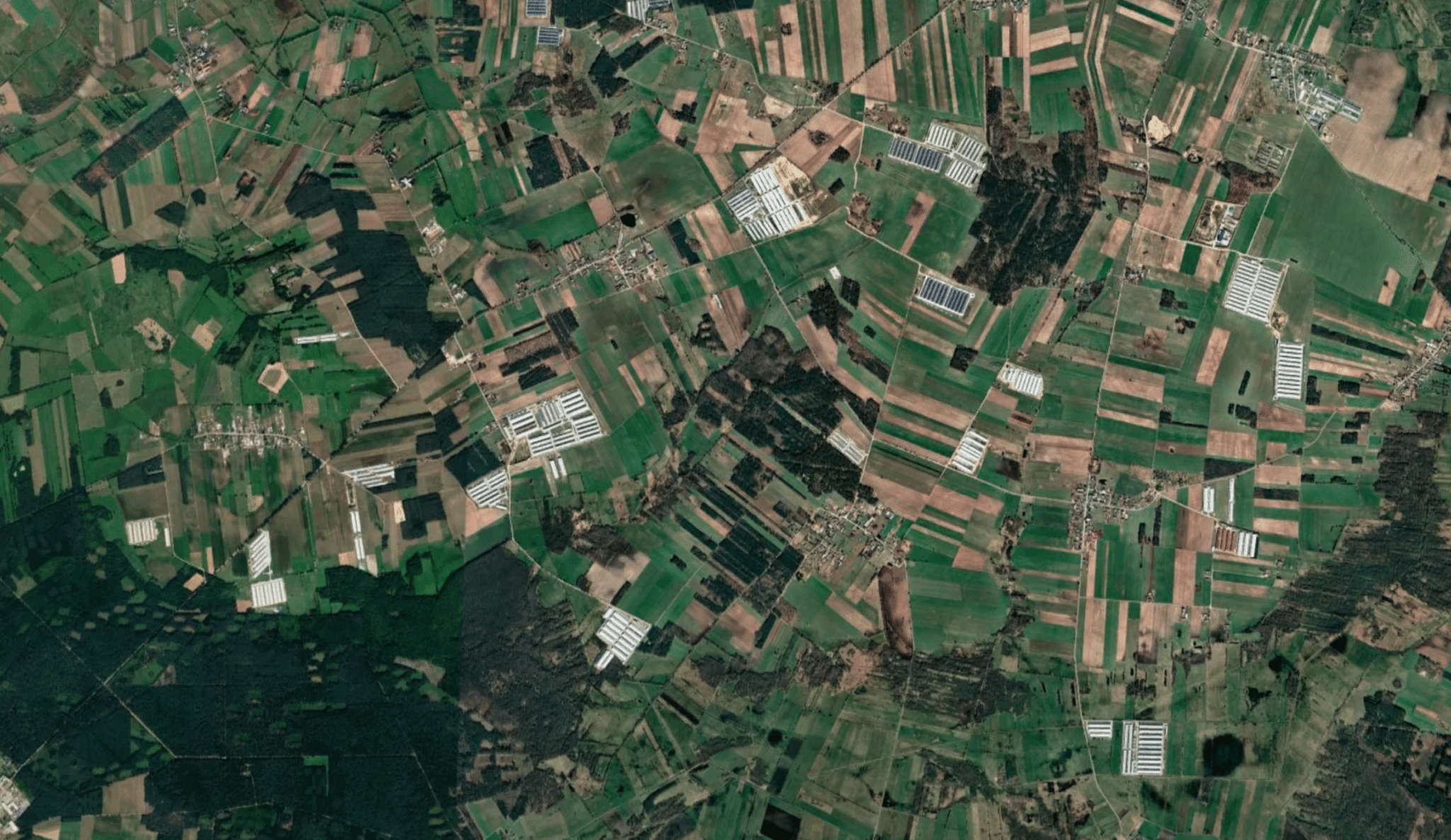Urban allotments could be as productive as traditional farms while using fewer pesticides, new research has found.
Researchers at the University of Sussex and volunteer urban growers in Brighton and Hove found that allotmenteers grew over 70 kg of produce on average in one season, a range they said was within productivity levels on conventional non-organic farms, with limited pesticide use.
On top of this, the urban patchwork of allotments created biodiverse habitats for pollinators and wildlife, a “win-win” for the environment, according to the research.
This echoes a previous study by researchers at the University of Northumbria that showed allotments were by far the best habitats for insects in cities.
“In a world of increasing urbanisation in both the developing and developed worlds, producing food in and around cities has the potential to improve both nutritional and health outcomes, alleviate poverty and simultaneously provide habitat for wildlife and create sustainable cities,” said Beth Nicholl, lead researcher of the study.
The growers harvested on average one kg of insect-pollinated fruit and vegetables, such as tomatoes, beans, strawberries, and apples per square metre.
Researchers calculated that the average harvest at an allotment would be worth £550, based on the cost of organic produce at the supermarket. They also worked out that £310 of this produce was insect-pollinated, highlighting the importance of insects and biodiversity in growing food.

“We were interested in understanding the importance of insect pollinators for food production in urban farming because this hasn’t been quantified before,” Nicholls told Wicked Leeks.
Urban farming could also play an increasingly important role in our food production and reducing our imports, according to Nicholls.
“The UK imports approximately £8 billion of fruit and vegetables each year, but our results show that green spaces in cities, such as allotments and community gardens, could play an important role in meeting that demand at a local scale,” she said.
The study found that the benefits of urban growing extend to mental health with volunteers reporting feelings of relaxation and satisfaction whilst working on their plot.
Despite these benefits, space for urban growing remains very limited with record waiting lists for allotment plots. A recent survey found that 37 per cent of councils had a waiting list of more than 1,000 people due to the surge of interest during the pandemic.
“Land in cities and the fringes of urban areas is constantly under pressure from development and so we hope these results will provide evidence to city planners and councils of the value of urban growing space,” Nicholls said.
The team of researchers will be continuing with the study this spring, repeating the same experiments in different crops.













I am an allotmenteer and know first-hand just how much fruit and veg I can produce in a year – amazing quantities of soft fruit (strawberries, gooseberries, blackcurrants, red currents, rhubarb) and veg all year – salad, kale, potatoes, purple sprouting, beans (of many varieties), parsnip, leeks… And all produced without chemicals.
BUT I also know how important my allotment is for my mental state and socially too. I live on my own but have an allotment community to talk with and my allotment is my safe place too, where I can relax, breath deeply and get my fingers in the soil. As I don’t have a garden, this is my outdoor space – I wish more people could enjoy it too.
So yes, please champion more space for allotments!
Whenever I read that we “need GM crops” to increase agricultural output, and “modernise” farming I think of the productivity of smallholdings and allotments all over the world – the barren occasionally grazed field I look out over fro my garden was a productive Nursery garden 80 years ago.
I have a small garden but manage, in the summer, to provide all the tomatoes we need, along with string beans, blueberries, strawberries and French beans. I love growing, it gives so much pleasure and as Eunice said, is good for my mental health. Nothing like eating a tomato that is warm from the sun. I’ll be starting again in the spring.